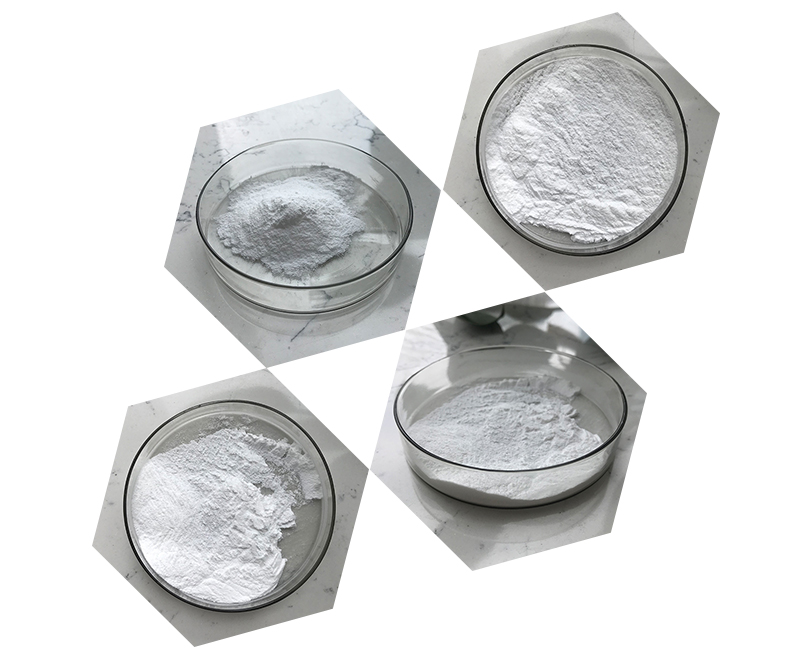Advantame is a high-intensity sweetener, chemically similar to aspartame, but much sweeter. Here’s a breakdown of its effectiveness, potential side effects, and special considerations:
Effectiveness of Advantame:
Advantame is incredibly potent; it’s estimated to be around 20,000 times sweeter than sucrose (table sugar). Due to its potency, very small amounts are needed to achieve the desired level of sweetness in food and beverages, making it a cost-effective sweetening agent for manufacturers.
Side Effects of Advantame:
1.Phenylketonuria (PKU) Warning: Like aspartame, Advantame contains phenylalanine, which can be harmful to individuals with phenylketonuria (PKU), a rare genetic disorder that prevents the breakdown of phenylalanine. People with PKU should avoid Advantame.

2.Allergic Reactions: Some individuals may experience allergic reactions to Advantame. Symptoms could include itching, swelling, hives, difficulty breathing, or other allergic reactions.
3.Gastrointestinal Distress: In some cases, consumption of Advantame can lead to gastrointestinal discomfort, including nausea, diarrhea, or bloating.
4.Headaches: As with many artificial sweeteners, headaches have been reported in some individuals after consuming products containing Advantame.
5.Insulin Response: There is some debate regarding whether artificial sweeteners like Advantame can impact insulin response and glucose metabolism. While research is ongoing, some studies suggest that artificial sweeteners may still trigger insulin release, potentially affecting blood sugar levels.
Special Considerations of Advantame:
1.Heat Stability: Advantame is heat-stable, which means it can be used in cooking and baking without losing its sweetness. This makes it versatile for various food applications.
2.FDA Approval: Advantame received approval from the U.S. Food and Drug Administration (FDA) in 2014 for use as a general-purpose sweetener and flavor enhancer in foods and beverages.
3.Usage Levels: Due to its high sweetness intensity, very small amounts of Advantame are needed in food and beverage formulations. It’s crucial for manufacturers to carefully measure and regulate its usage to avoid over-sweetening.

4.Labeling: Products containing Advantame should be clearly labeled, especially for individuals with PKU or those who wish to avoid artificial sweeteners.
5.Combination with Other Sweeteners: Advantame is often used in combination with other sweeteners to achieve the desired taste profile and to mitigate any potential aftertaste.
As with any food additive, it’s essential to consume Advantame in moderation and be mindful of any potential adverse reactions, especially for individuals with specific health conditions or sensitivities. Consulting with a healthcare provider or nutritionist can provide personalized guidance on its consumption.
